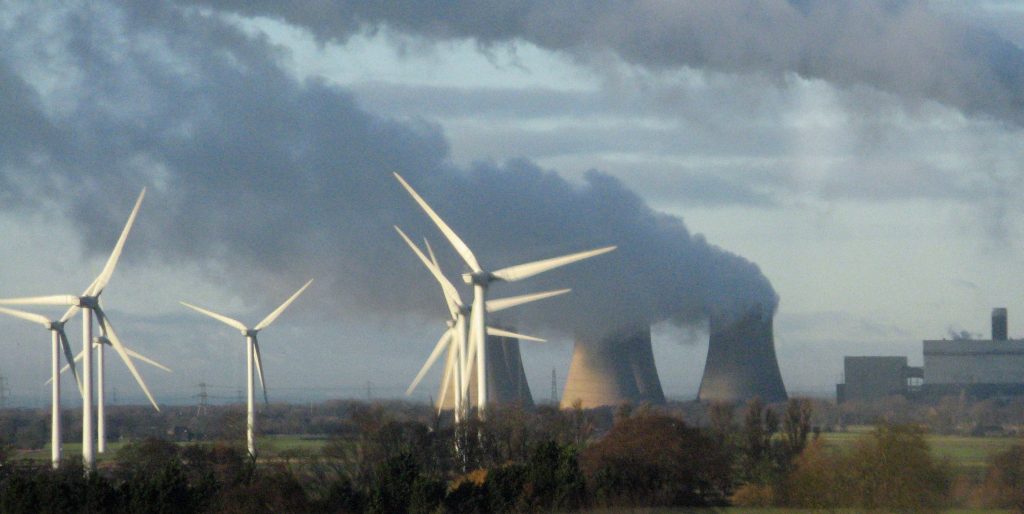Brussels, Belgium – Europe’s governments are guilty of allowing their industries to produce as much carbon dioxide as they wish at no cost, environmental organisations accused today. As the European Commission releases the data on emissions of installations covered by the EU Emissions Trading Scheme (EU ETS), evidence from the markets proves that most Member States granted their industries far too generous carbon emission allowances in the period 2005-07.
The European Commission and Member States must ensure that the total available pollution permits are significantly reduced for the second round of trading, from 2008 to 2012.
“European governments have blatantly ignored the aims behind the ETS and abused the trading scheme, under pressure from their dirty industries,” said Matthias Duwe, Director of CAN-Europe. “This stalls the EU’s flagship climate policy. Governments need to grab control of the wheel and steer a clear path to emission reductions’‘.
Figures show that the actual emissions of installations covered by the ETS in 2005 were several million tonnes below the granted permits. Data from Member states such as Germany, France, the Netherlands, Sweden and Lithuania show that generous emission allowances granted to companies are causing the decline in carbon prices and distorting the market. This also reduces the credibility of the EU Emissions Trading Scheme.
“The market can only become functional and create incentives for cleaner industries if the amount of allowances is set at a level which is in line with the Kyoto targets, allowing Europe to meet its international obligations“, said Stephan Singer, Head of the European Climate and Energy Unit at WWF. “A loss of credibility of the EU Emissions Trading Scheme will also undermine the credibility of the EU in the negotiations for new Kyoto targets after 2012“.
European environmental NGOs are calling on Member States to improve their National Allocation Plans for the second phase, with stringent caps as well as credible and transparent allocation rules. Member States should make use of auctioning to the 10% maximum allowed and create a clear link between allocations and cleaner production (“product specific benchmarks”). The European Commission should reject all NAPs without ambitious emission caps.
***






